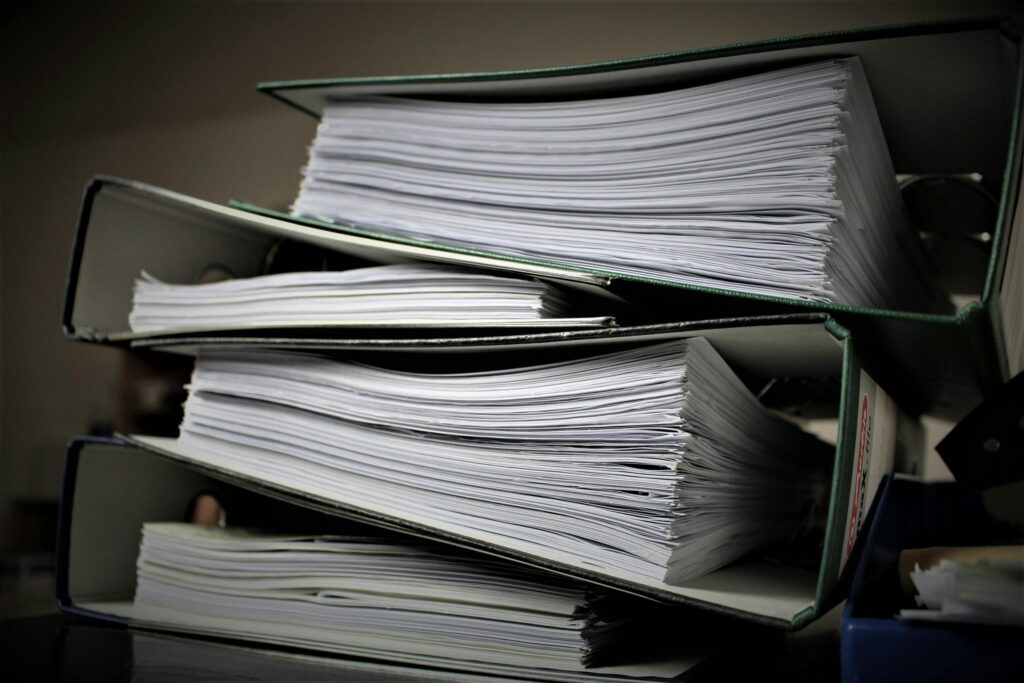Buying a home is a significant financial milestone for many individuals and families. Securing a mortgage to finance this purchase requires careful preparation, especially when it comes to gathering the necessary documentation. Lenders scrutinize these documents to assess your financial health, stability, and ability to repay the loan. By understanding the essential documents required for a home loan application, you can streamline the process and increase your chances of approval. This comprehensive guide explores in detail the critical documents you need to prepare when applying for a home loan, helping you navigate this important step towards homeownership with confidence.
Table of Contents
- Introduction
- Personal Identification
- Proof of Income
- Employment Verification
- Income Documentation
- Credit History and Scores
- Assets and Liabilities
- Employment History
- Tax Returns
- Additional Documents
- Gift Letters
- Divorce Decree or Separation Agreement
- Rental History
- Bankruptcy Discharge Papers
- Conclusion
Introduction
Purchasing a home involves more than just finding the right property; it requires navigating the complexities of securing a mortgage. Central to this process is providing the necessary documentation that lenders use to evaluate your financial standing and ability to manage a mortgage. Whether you’re a first-time homebuyer or looking to upgrade, understanding and preparing the essential documents for your home loan application is crucial. This guide outlines each document type in detail, offering insights into why they are necessary and how they contribute to your mortgage approval process.
Personal Identification

Before diving into the specifics of financial documentation, start with ensuring you have valid personal identification readily available. These documents are essential for verifying your identity and include:
- Government-issued ID: Such as a driver’s license or passport.
- Social Security Card: Verifies your social security number, which is crucial for credit checks and income verification.
Having these documents on hand ensures that your identity can be confirmed accurately during the mortgage application process.
Proof of Income
Employment Verification
One of the primary concerns for lenders is your ability to repay the mortgage, which is assessed through your income verification. Necessary documents typically include:
- Recent Pay Stubs: Covering the last 30 days.
- Employment Verification Letter: From your employer confirming your job title, employment status, and income.
Income Documentation
Depending on your employment type, additional income documentation may be required:
- Self-Employed Individuals: Tax returns for the last two years and profit and loss statements.
- Freelancers or Contractors: Bank statements and invoices showing regular income deposits.
Ensuring these documents are current and accurate helps expedite the verification process and strengthens your mortgage application.
Credit History and Scores
Your credit history and scores provide lenders with insights into your creditworthiness and ability to manage debt responsibly. Key documents include:
- Credit Report: Offers a comprehensive overview of your credit accounts, payment history, and credit inquiries.
- Credit Scores: Obtained from major credit bureaus like Equifax, Experian, and TransUnion.
Review your credit report for any discrepancies or issues that may impact your application. Aim to maintain a healthy credit score to qualify for better mortgage rates and terms.
Assets and Liabilities

Lenders assess your financial health by examining your assets (what you own) and liabilities (what you owe). Prepare the following documents:
- Bank Statements: Covering the last two to three months to verify your savings and checking accounts.
- Investment Accounts: Statements for stocks, bonds, mutual funds, etc.
- Debt Information: Documentation on existing loans, credit card balances, and other debts.
Providing a clear picture of your financial situation demonstrates your ability to manage money responsibly and repay the mortgage.
Employment History
Stable employment history reassures lenders of your income stability and ability to make consistent mortgage payments. Gather the following documents:
- Work History: Detailing your previous employers and positions held.
- Gaps in Employment: Provide explanations for any gaps, such as further education or periods of unemployment.
A steady employment record enhances your mortgage application by showcasing your reliability and earning potential.
Tax Returns
Lenders typically require copies of your tax returns for the past two years to verify your income consistency. Include:
- IRS Form 1040: Along with all schedules and attachments.
- W-2 Forms: Wage and tax statements from employers.
Ensure your tax returns are accurately filed and include all relevant income sources to avoid delays in the mortgage approval process.
Additional Documents
In addition to the core documents mentioned above, prepare the following additional documents depending on your circumstances:
Gift Letters
If you’re receiving financial assistance for your down payment from family members or friends, a gift letter is essential. This document confirms that the funds are a gift and not a loan, ensuring compliance with lender regulations.
Divorce Decree or Separation Agreement
Provide documentation of divorce settlements or separation agreements if applicable. This clarifies your financial responsibilities and obligations, including any child support or alimony payments.
Rental History
If you’re transitioning from renting to homeownership, provide a rental history document. This can demonstrate your ability to make regular payments and manage housing expenses effectively.
Bankruptcy Discharge Papers
If you’ve filed for bankruptcy in the past, include discharge papers to show that your debts have been resolved. Lenders may require this documentation to assess your current financial standing.
Conclusion
Preparing the essential documents for your home loan application is a proactive step towards securing a mortgage and achieving homeownership. By gathering these documents early and ensuring they are accurate and up-to-date, you can streamline the application process and increase your chances of approval. Remember to consult with your lender or mortgage broker to understand specific document requirements and timelines. With thorough preparation and attention to detail, you’ll be well-equipped to navigate the mortgage application process successfully and move closer to owning your dream home.
